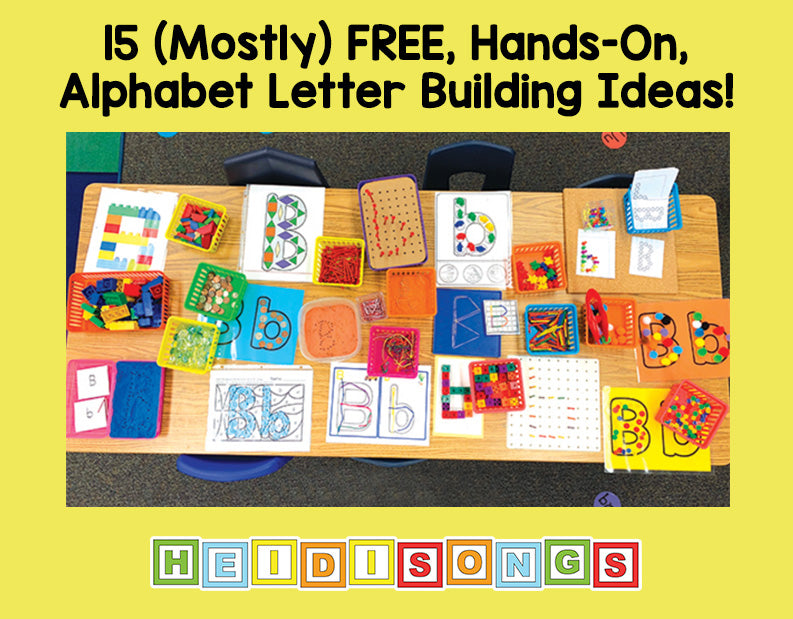


Many teachers and parents often find themselves scratching their heads wondering if a child is just, “active,” or “immature,” in the classroom or if their behavior is indicating Attention-Deficit/Hyperactivity Disorder.
It can be a challenge to sift through a child’s behavior to determine if how they are acting is typical for a child their age or a sign of something more. Parents often wonder if the child’s behavior is caused by the way a certain classroom is run, (ie. “It’s the teacher’s fault!”), and teachers sometimes wonder if the child’s behavior is cause by a lack of discipline in the home (ie. “It’s the parents’ fault!”).
Whatever the cause, both parents and teachers should remind themselves that attempting to place blame on someone else in the child’s life will only cause more problems, and won’t solve anything. When parents and teachers work together to support a child in the classroom, everyone wins! Teachers are usually more willing to be patient with a child whose parents seem supportive; parents are usually more willing to help with problems at school when the teacher seems to be patiently working with them for the good of their child.
Commonly referred to as ADHD, Attention-Deficit/ Hyperactivity Disorder is the diagnostic name of a collection of symptoms often seen in children and adults that impact an individual’s ability to control impulses and focus. For school age children these symptoms often impact a child’s ability to complete assignments, keep their body still enough not to disturb others, and keep their full focus on a task.
The following information below outlines the diagnostic criteria for ADHD.

It is important to note that only a medical professional can make a diagnosis of Attention-Deficit/Hyperactivity Disorder! So even if a caring relative or teacher believes that your child may have an issue, don’t panic! Don’t be afraid to seek help from your child’s pediatrician. A diagnosis of ADHD doesn’t mean that your child must be medicated; but it does mean that your child may be entitled to certain accommodations (adjustments) in the classroom that can help him or her succeed. Occasionally, parents do not take their child to the doctor to check for ADHD because they assume that the only thing that he can do is medicate the child, which they would not want. But that is simply not true!
Once you have an official diagnosis, your child has the right to receive whatever reasonable adjustments that can be made in the classroom. He or she also has the right to NOT be disciplined for behaviors that he truly cannot control. All of these things happen when you request what is called a 504 plan for your child, (but we’ll write more on that later.) But here’s the point: no diagnosis, no accommodations. Your child can be disciplined for any rule he breaks, and will need to do everything in the classroom that everyone else is doing, without any special help.
If you are concerned about a child’s behavior start with keeping track of when and where the behaviors occur. Children who have ADHD experience their symptoms in multiple settings so they would have difficulty completing classroom assignments as well as having difficulty at home with tasks like putting away laundry or following a schedule. There is some new research looking into the effects that food has on ADHD symptoms so keeping a food diary is a helpful piece for understanding a child’s behavior.
If you do suspect a child is being negatively impacting by the symptoms of ADHD contact the child’s doctor. Then come up with a plan between the child’s medical team, teacher, and parents to help the child learn to thrive at home and school.
-Heidi
P.S. Check out our newly animated Sight Word DVDs!! Purchase all three for only $40!!

———————————-
Follow me! Did you enjoy this post? Do me a favor and share it with your friends! And follow this blog by signing up email updates, or follow on Bloglovin’, or follow me on TPT! I’m also on Pinterest, Facebook, Twitter, Instagram, Google+ and YouTube, too! Don’t forget to sign up for our email newsletter (on the left sidebar) for special deals and promo codes that you won’t find out about anywhere else.
















